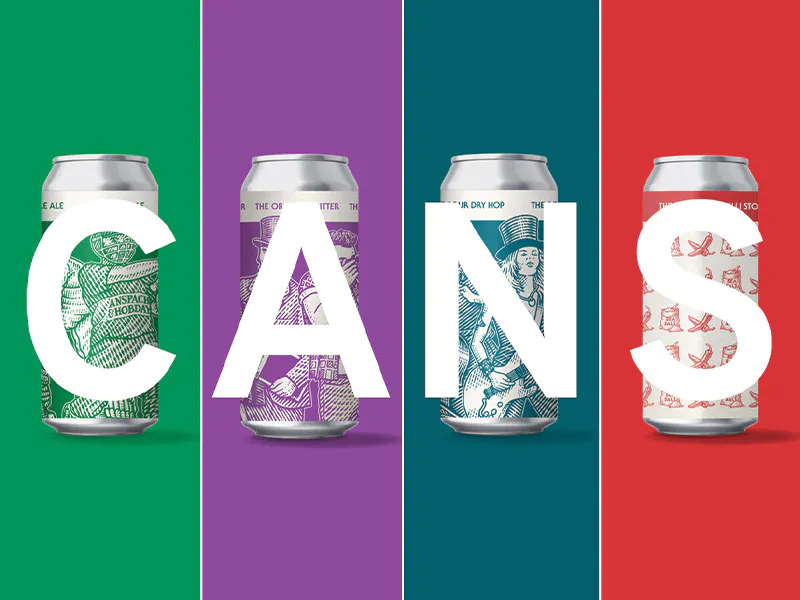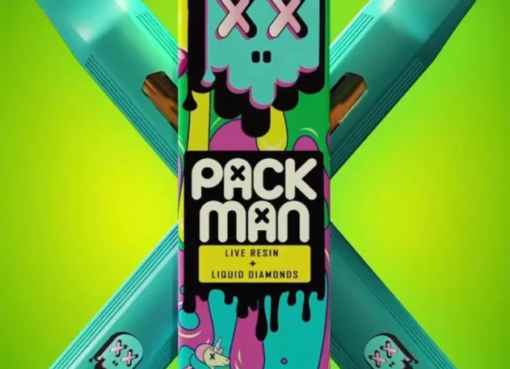There are many ways to label your aluminum cans, and Illing Company offers many different options for custom labels. You can have your custom labels printed in full color, with a 3D space, or use one of the many pre-printed cans that they have available. If you need a more personalized label, you can opt for pressure sensitive labels. We’ll explain the difference between these three options and how they can help you market your product.
Brew Wrap
Brewers are switching to cans for several reasons, including the light weight, ease of storage, and reduced transportation and refrigeration emissions. In addition, new technology has made it easy to label cans and store them without damaging the contents. Although unlabeled cans, or brites, are considered more environmentally friendly, you should still be sure to check your packaging for cracks or damage before you use them. While there are some drawbacks to using plastic wrap to protect aluminum cans, it’s still a great way to preserve your product.
While there are advantages and disadvantages of using shrink-wrapping for aluminum cans, a major drawback is that the minimum order quantity is extremely low. You can get your products within a couple weeks of approval of your art. The shrink-wrapping process produces vibrant branding in full color tones, and you won’t have to pay an upfront fee for each purchase. You can use as many colors as you want for the labels.
Pre-printed cans
The domestic beverage packaging and aluminum can industries are at capacity, with lead times and prices sky-high. With Budweiser and Coors as their top priority, can suppliers are operating at full capacity. As a result, minimum order sizes have increased by over 500 percent and are currently more than five semi-trucks’ worth. It may be wise to build your supply chain in advance and plan for future needs. You may also want to consider bulk-packed cans as they are often less expensive.
During the manufacturing process, aluminium sheet stock is cut into disks, which are then formed into the can body and shape. Then, the disks are washed and dried, and a special coating is applied to the inside of the can. The can is then printed with the image of your choice. The process takes less than two hours and requires only a small amount of energy. The benefits of UV-printed custom aluminum cans are many.
Shrink sleeve labels
The most appealing feature of shrink sleeves is that they give you the ability to brand your products from all angles. Originally, shrink sleeves were used for tamper-evident sealing of products such as Tylenol. With their increased popularity, they are now being used to label other containers as well. But many people are still unclear about how shrink sleeves work. Here is a brief overview.
The beverage industry is facing many challenges, including large minimum printing runs and problems filling orders. In addition, companies are looking for ways to reduce costs and create a smaller, more customizable custom run. For these reasons, the beverage industry is turning to heat-applied shrink sleeves. Here are some of the benefits of shrink sleeves for aluminum cans:
Pressure sensitive labels
In addition to paper labels, the beer industry has also used pressure-sensitive labels in order to brand their products. While paper labels tend to fall off the aluminum cans when exposed to cold temperatures and moisture, pressure-sensitive labels provide a higher level of finish and print effects, allowing beer makers to create more creative applications. The process of applying pressure-sensitive labels also allows them to be applied to a wide variety of materials, including plastic jars, corrugated boxes, painted steel, and glass bottles.
Pressurized labels have a number of benefits, including a no-label look and permanent adhesives. High-performance labels can be customized to fit the needs of a variety of businesses and environments, including packaging facilities and retail stores. Even heavier-duty labels can be produced with pressure-sensitive adhesives for added durability. Pressure-sensitive labels are used in nearly every industry and are commonly found on household goods, food containers, wine bottles, and even chemical pails.


